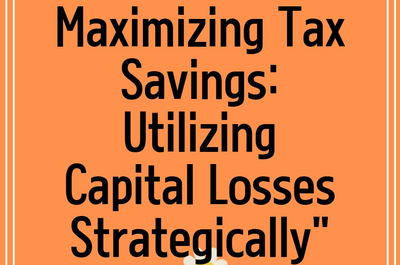Understanding the Dynamics of the U.S. Stock Market: Key Insights from Recent News
The U.S. stock market is often a reflection of the economic climate, influenced by various factors such as corporate earnings, inflation, and global events. Today, we will dive into four trending topics that have shaped market dynamics in recent days. By breaking down these developments, I hope to provide you with distinct insights into what’s driving the market today.
1, Corporate Earnings Surprises
Recent reports indicate that several major companies have reported earnings that exceeded analysts’ expectations, with 76% of firms in the S&P 500 surpassing their forecasted earnings. For instance, tech giant Apple announced a revenue of $94.8 billion, a 2% increase year-over-year, driven by a surge in services and wearables. This figure was $3 billion more than analysts had anticipated, calming concerns about a slowdown in consumer spending. When a company outshines expectations, it typically boosts investor confidence, leading to a rise in stock prices.
Let’s visualize this: imagine if you were expecting to score 70 marks on your exam but end up with
90, Not only do you feel good about your performance, but your teachers and peers also start to view you as a top student. Similarly, when companies report better-than-expected earnings, they gain credibility and attract more investors.
2, Interest Rates and Inflation Impacts
Another significant aspect influencing the stock market is the Federal Reserve’s stance on interest rates. Recently, the Fed announced it would maintain current interest rates, but hinted at potential rate hikes in response to persistent inflation, which stands at 3.7%. The decision to keep rates steady was welcomed by the market, as investors feared aggressive increases could dampen economic growth.
Let’s break it down: when interest rates are low, borrowing money is cheaper. Just like if you’re able to borrow money at a low interest rate to buy a car, more people are likely to make that purchase. On the other hand, higher rates discourage borrowing, similar to how a sudden spike in loan interest might make you reconsider your car purchase.
3, Geopolitical Tensions and Market Reactions
Geopolitical tensions, especially in Eastern Europe, have also sent ripples through the stock market. Recent news regarding military escalations has added uncertainty, causing the energy sector to react sharply. For example, oil prices jumped by 4% to $87 a barrel, resulting in a boost for energy stocks.
Just imagine if you were planning a camp trip, but you learned that the weather forecast predicts storms. That news would likely make you reconsider your plans. Similarly, when geopolitical tensions rise, investors often pull back from stocks and flock to safer assets, like gold or oil, which can lead to significant price fluctuations.
4, Consumer Confidence and Spending Patterns
The Conference Board’s Consumer Confidence Index saw a rise to 108.3 in October, surpassing estimates of
106, Key drivers included a strong labor market and wage growth. High consumer confidence typically leads to increased spending, which is critical as consumer spending accounts for nearly two-thirds of the U.S. economy.
Think of it like this: if you feel confident about your financial situation, you’re more likely to splurge on a new phone or dine out more often. In the same way, when consumers are optimistic, businesses profit, which ultimately supports the stock market.
As we sift through these key insights, it becomes clear that the dynamics of the U.S. stock market are influenced by an intricate web of factors, from corporate earnings surprises to consumer confidence. Each element plays a role in shaping how investors see the future, ultimately determining their actions in the marketplace.
As we navigate this ever-changing landscape, keeping our eyes on these trends will be crucial for making informed investment decisions. By understanding the heart of these dynamics, we can better grasp how they affect our finances and the broader economy.
In conclusion, whether it’s the impact of corporate earnings, the influence of interest rates, the shadow of geopolitical tensions, or the pulse of consumer confidence, the stock market remains a complex organism. By staying informed about these factors, even high school students can gain valuable insights into financial decision-making.
Related Keywords: U.S. stock market, corporate earnings, interest rates, Federal Reserve, inflation, geopolitical tensions, energy sector, consumer confidence, stock prices, economic forecast.


